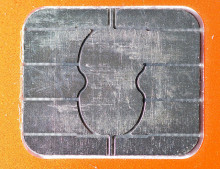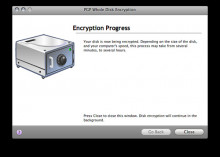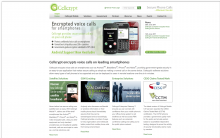Researchers Get One Step Closer to Cracking AES
Cryptography researchers have identified a weakness in the Advanced Encryption Standard (AES) which slightly reduces the complexity of an attack against the algorithm, but it's nowhere near a practical cracking solution.
The new attack was devised by Andrey Bogdanov of Katholieke Universiteit Leuven (K.U.Leuven), Belgium, Dmitry Khovratovich of Microsoft Research and Christian Rechberger of École Normale Supérieure (ENS), Paris. The three were working on a project sponsored by Microsoft Research at the time.













































































